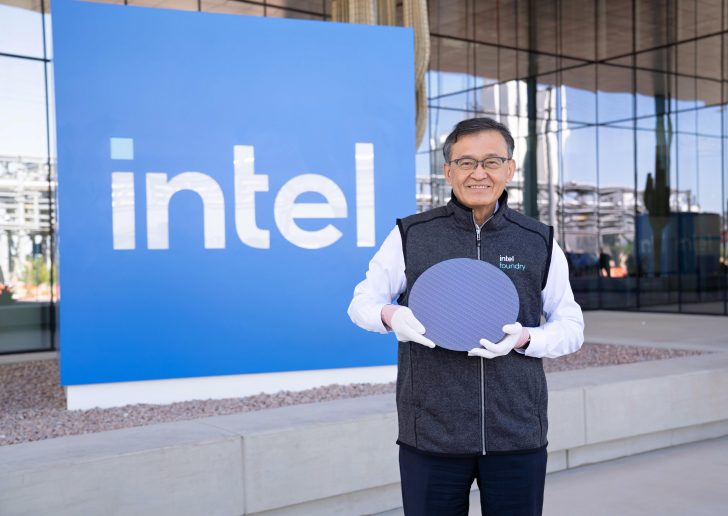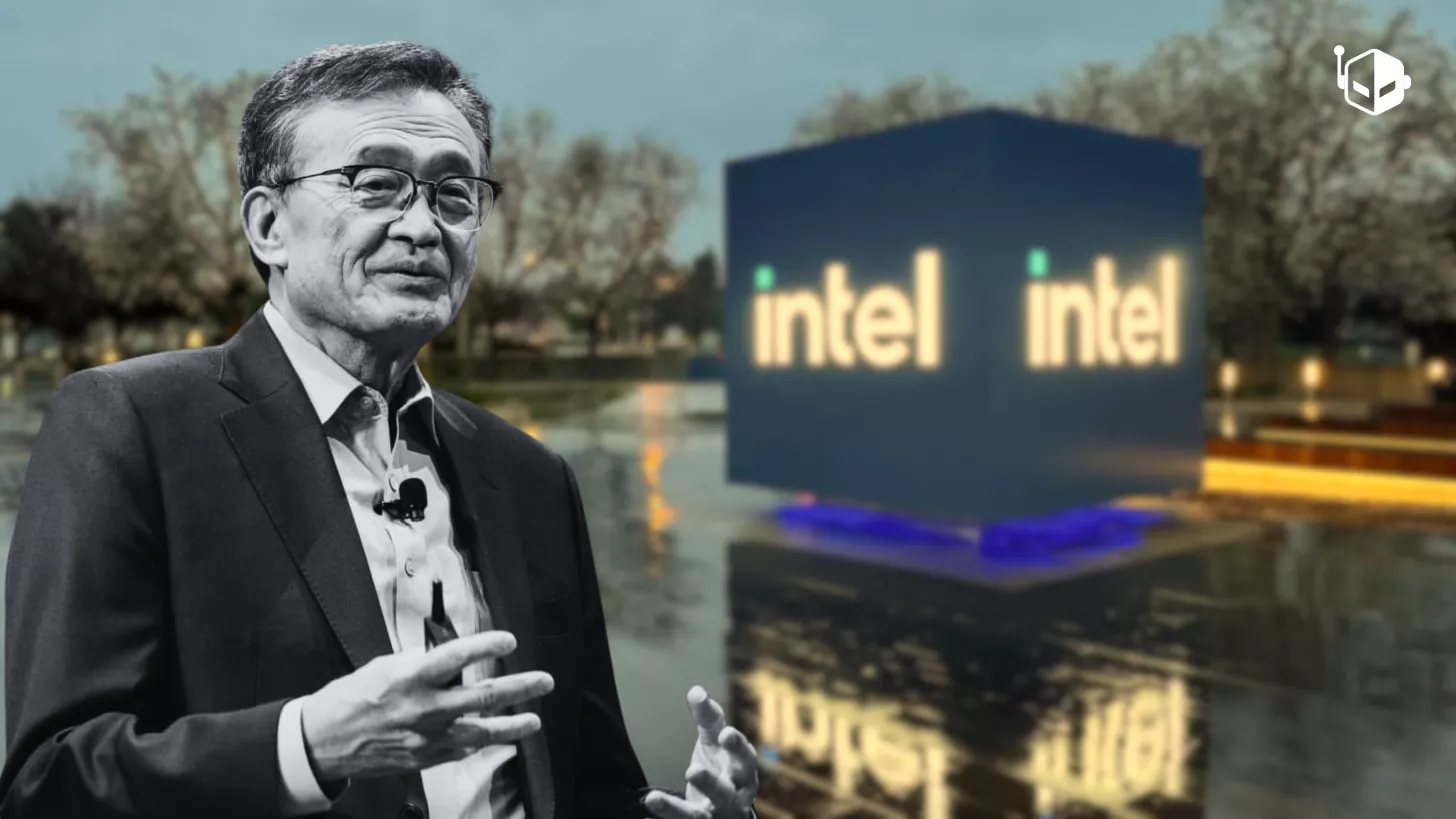In a strategic move to bolster its presence in the competitive semiconductor industry, Intel has garnered significant attention with the U.S. government’s acquisition of a stake in the company. This initiative is seen as a way for the American chipmaker to enhance its competitive edge against global giants like Taiwan’s TSMC and South Korea’s Samsung Foundry. Intel’s CEO, Lip-Bu Tan, emphasizes the importance of this support in strengthening the supply chain resilience and driving the company’s operations forward.
Intel’s Strategic Collaboration with the U.S. Government
CEO Lip-Bu Tan sheds light on the surprising yet beneficial interest shown by the Trump administration in Intel. Speaking at the Future Investment Initiative in Saudi Arabia, Tan acknowledged President Trump’s instrumental role in facilitating the operations of Intel, which resulted in the government acquiring a 10% stake. This collaboration mirrors the support seen in other countries, like Taiwan’s involvement with TSMC. Tan’s meeting with President Trump was pivotal, highlighting plans to revitalize Intel and further cementing the government’s investment.
If you look at TSMC and Chartered Semiconductor, the government is a shareholder in those countries…and it’s very important for the resilience of the supply chain.
– Intel’s CEO Lip-Bu Tan
During the meeting, Tan shared his successful tenure at Cadence, claiming a remarkable return for shareholders, which impressed President Trump. Addressing past allegations regarding investments in China, Tan explained that such partnerships were once standard among investors, reflecting a different era of international business relations.

Intel’s Path to Financial Growth and Future Plans
The infusion of resources from the U.S. government has significantly fortified Intel’s financial standing, attracting interest from major players like NVIDIA and SoftBank. As a result, the company has experienced notable financial growth recently. CEO Lip-Bu Tan plans to lead Intel back to its former prominence by focusing on the AI sector, particularly areas like “physical AI” and “agentic AI,” and reinforcing its commitment to the foundry division.
With these decisive moves and strategic partnerships, Intel is poised to undergo dramatic transformations, potentially reclaiming its status as a leading force in the semiconductor industry under the guidance of its optimistic leadership.
